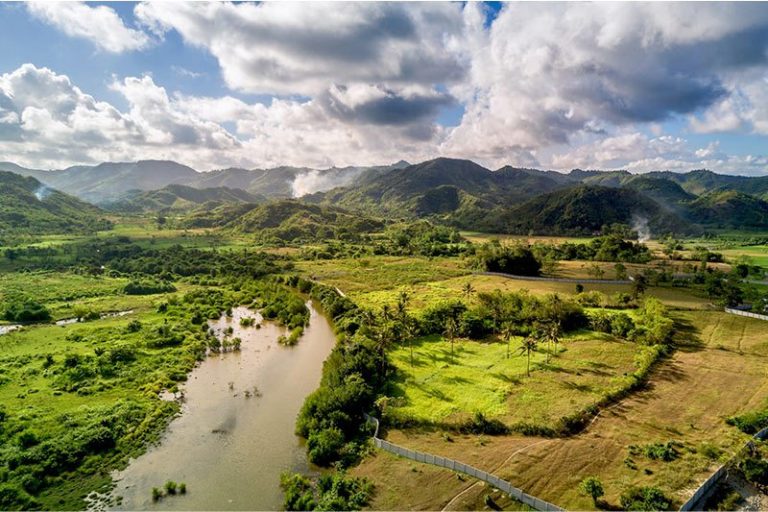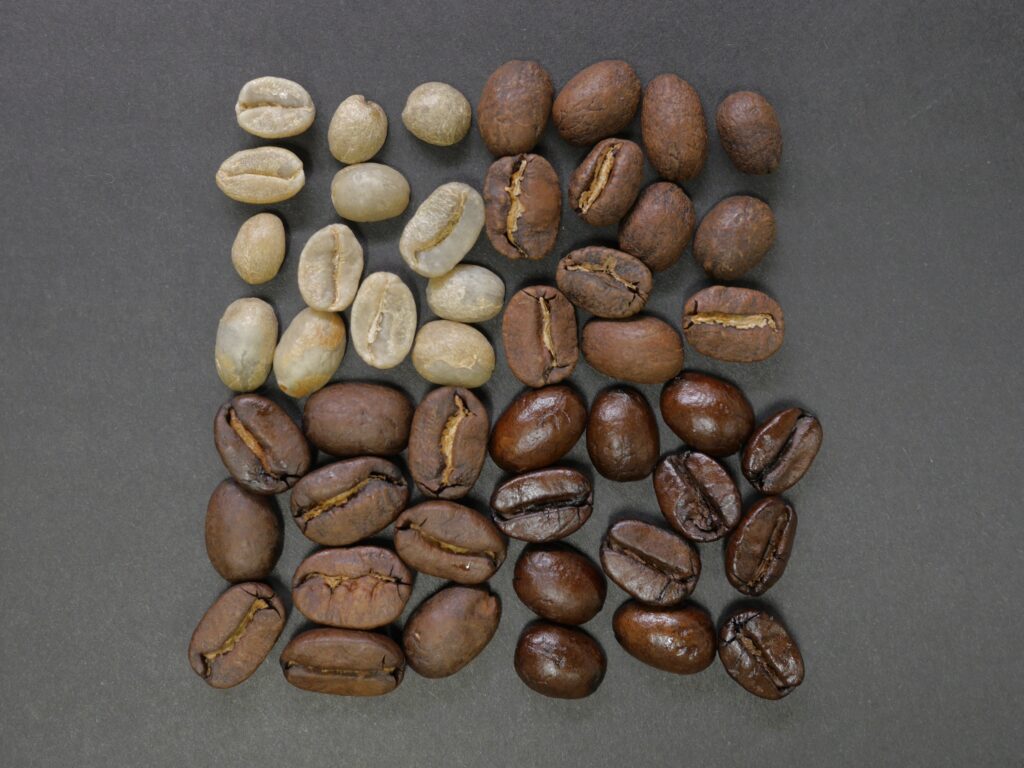The Origin of Indonesian Coffee the Historical Development of Indonesian Coffee beans the introduction of Robusta Coffee beans
Indonesian Coffee: Know Your Coffee Origins
Modern Indonesia was one of the first countries in the world to grow coffee commercially-before much of Africa, much of Asia, and the Americas. Indonesian coffee is 400 years old, but unfortunately, it is full of brutal colonialism, disease and struggle. Coffee is still an integral part of life in Indonesia today-and in fact the world's fourth largest coffee producer.
Today let's explore this fascinating and tragic country and its delicious coffee.

History of Indonesian Coffee
Coffee plants came to Indonesia in the late 1600s through Dutch traders and colonialists who obtained coffee seeds from Yemen earlier in the century (arguably through smuggling). The first coffee-growing island was Java, home to the city of Jakarta (then known as Batavia).
By 1699, the Dutch colonial government had established plantations throughout the city, and by 1711 the first major commercial exports were underway. Java quickly became one of the world's largest coffee producers and the preferred source of coffee beans in Europe.
Naturally, Indonesia is a country with thousands of islands, and coffee plantations expanded to neighboring islands in the next century. Soon Sumatra's industry flourished, followed by Sulawesi (then called Celebes), Bali, and Timor (and dozens of much smaller islands).
Unfortunately, poverty, hunger and inhuman working conditions are easy to find wherever coffee farms are located. Dutch planters were stubborn, exhausted, and demanding.
Prosperity, rust and independence
As the coffee industry grows, so does the infrastructure. Roads, railways and shipping lines have brought unprecedented connectivity to Indonesian islands.
Java coffee was eventually mixed with coffee from the port of Mocha in Yemen, which led to the first commercial coffee blend: "Mocha Java." Beans from Indonesia are sought after in Europe-so much so that they end up costing ten times as much as Brazilian beans.
Between 1860 and 1880, an industry-devastating disease known as coffee rust spread through Asia, destroying plantations in Sri Lanka, Indonesia, Malaysia and several continental countries. To save the industry, the Dutch introduced a different disease-resistant coffee variety, Robusta Coffee, which is grown in large numbers across Asia.

In 1942, the Dutch were forced to leave Indonesia for good, collapsing not only because of Nazi Germany's advance into Europe but also because of Japan's advance into the Pacific. Japan's colonial rule collapsed when it surrendered to the United States in 1945, and Indonesia's growing nationalism had a chance to establish its own state.
Important Notice :
前街咖啡 FrontStreet Coffee has moved to new addredd:
FrontStreet Coffee Address: 315,Donghua East Road,GuangZhou
Tel:020 38364473
- Prev

Are there any good coffee shops besides Starbucks and Costa coffee? World chain coffee products
It is believed that people who are interested in coffee will go to the cafe on weekends or rest days. So I believe everyone has been able to guess some of the chain stores on this list. Let's start with the list of the most popular coffee shops. 1. Starbucks' largest coffee chain anyone would want to know if you would say you haven't heard of Starbucks. We speculate on the situation and
- Next

Indonesian coffee cultivation history Indonesian coffee bean flavor taste characteristics How does it taste good
Indonesian coffee plantations When the Dutch and Japanese left, the local governor divided the plantations among laborers. To this day, more than 90% of coffee on Indonesian islands is grown by small family farms. Unfortunately, about 90% of coffee still belongs to the Robusta coffee variety after coffee rust occurs, and you can't blame them. Fortunately, in recent years, Allah
Related
- Detailed explanation of Jadeite planting Land in Panamanian Jadeite Manor introduction to the grading system of Jadeite competitive bidding, Red bid, Green bid and Rose Summer
- Story of Coffee planting in Brenka region of Costa Rica Stonehenge Manor anaerobic heavy honey treatment of flavor mouth
- What's on the barrel of Blue Mountain Coffee beans?
- Can American coffee also pull flowers? How to use hot American style to pull out a good-looking pattern?
- Can you make a cold extract with coffee beans? What is the right proportion for cold-extracted coffee formula?
- Indonesian PWN Gold Mandrine Coffee Origin Features Flavor How to Chong? Mandolin coffee is American.
- A brief introduction to the flavor characteristics of Brazilian yellow bourbon coffee beans
- What is the effect of different water quality on the flavor of cold-extracted coffee? What kind of water is best for brewing coffee?
- Why do you think of Rose Summer whenever you mention Panamanian coffee?
- Introduction to the characteristics of authentic blue mountain coffee bean producing areas? What is the CIB Coffee Authority in Jamaica?

